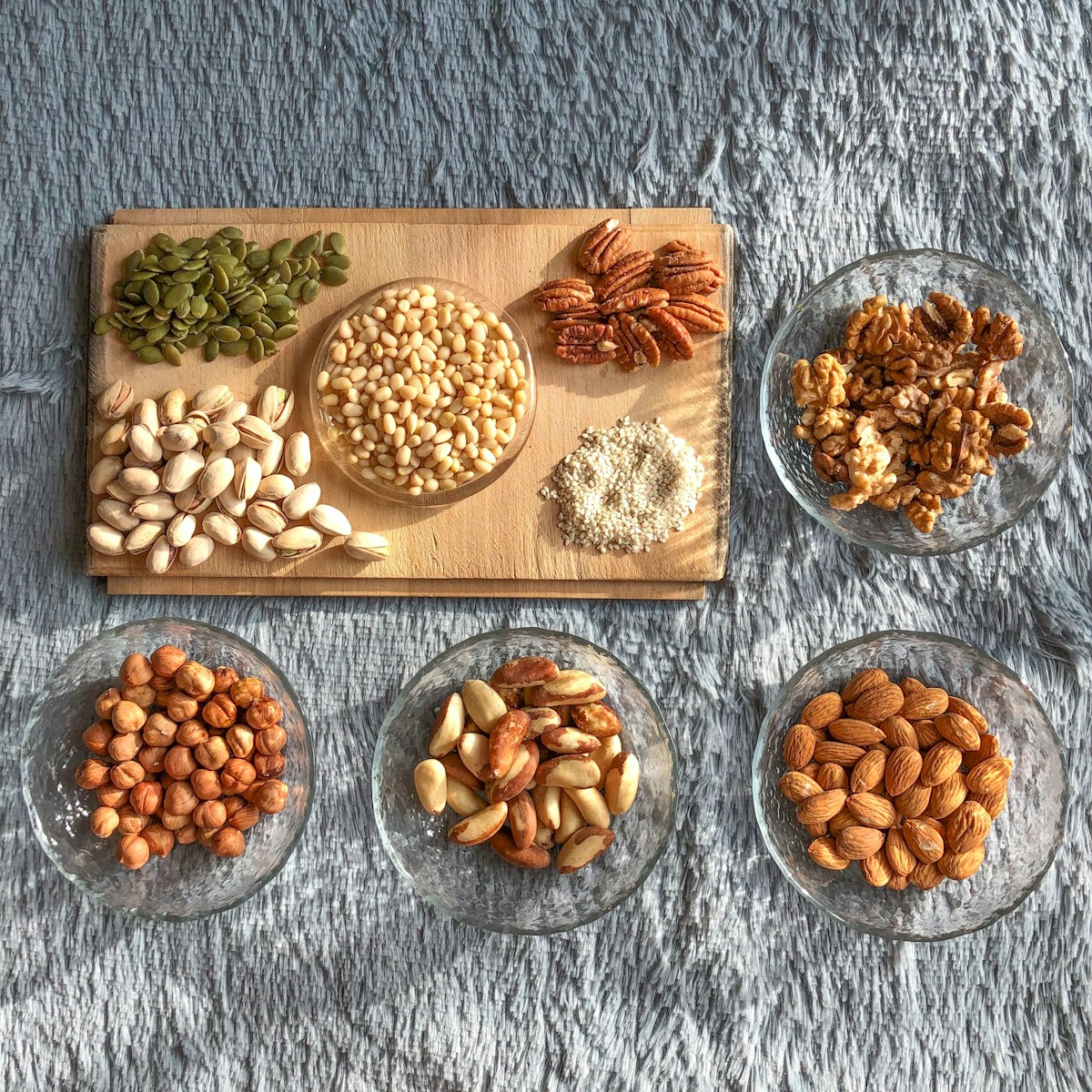Insulin resistance is a condition where the body’s cells become less responsive to insulin, resulting in elevated blood sugar levels. This can eventually lead to the development of Type 2 diabetes if left unmanaged. However, with the right diet and lifestyle changes, it is possible to reverse insulin resistance and even prevent or manage diabetes. In this article, we will explore how different aspects of our diet can impact insulin resistance and diabetes, and how making simple changes can help improve our overall health.
Understanding Insulin Resistance
Insulin is a hormone produced by the pancreas that helps regulate blood sugar levels by allowing glucose to enter the body’s cells for energy. Insulin resistance occurs when the cells become less responsive to insulin, leading to an accumulation of glucose in the bloodstream. This can eventually result in high blood sugar levels and, if left untreated, can progress to Type 2 diabetes.
Impact of Diet on Diabetes
Diet plays a crucial role in managing insulin resistance and diabetes. Consuming a balanced diet that is low in processed foods and high in whole, nutrient-dense foods can help regulate blood sugar levels and improve insulin sensitivity. Making healthier food choices can not only prevent the development of diabetes but also help manage the condition for those already diagnosed.
Effects of High Sugar Intake
High sugar consumption can contribute to insulin resistance and diabetes by causing rapid spikes in blood sugar levels. This can put stress on the body’s insulin-producing cells and lead to a decrease in insulin sensitivity over time. Limiting the intake of sugary foods and beverages can help stabilize blood sugar levels and reduce the risk of developing insulin resistance.

Role of Carbohydrates in Insulin Resistance
Carbohydrates are a major source of energy for the body, but not all carbohydrates are created equal. Simple carbohydrates, such as white bread and sugary snacks, can cause a rapid increase in blood sugar levels, while complex carbohydrates, such as whole grains and vegetables, are digested more slowly, leading to a more gradual rise in blood sugar. Choosing complex carbohydrates over simple ones can help improve insulin sensitivity and prevent insulin resistance.
Importance of Healthy Fats
Healthy fats, such as those found in avocados, nuts, and olive oil, play a crucial role in maintaining insulin sensitivity and overall health. Including these fats in your diet can help reduce inflammation in the body and improve insulin function. Avoiding trans fats and saturated fats found in processed foods can also help prevent insulin resistance and diabetes.
Incorporating Fiber-Rich Foods
Fiber is essential for regulating blood sugar levels and improving insulin sensitivity. Foods high in fiber, such as fruits, vegetables, whole grains, and legumes, can help slow down the absorption of sugar in the bloodstream and promote a gradual rise in blood sugar levels. Including fiber-rich foods in your diet can help prevent insulin resistance and manage diabetes.
Benefits of Lean Proteins
Proteins are essential for maintaining muscle mass and regulating blood sugar levels. Lean sources of protein, such as chicken, fish, tofu, and legumes, can help improve insulin sensitivity and prevent spikes in blood sugar levels. Including protein in each meal can help stabilize blood sugar levels and support overall health.

In conclusion, making simple changes to your diet can have a profound impact on reversing insulin resistance and managing diabetes. By focusing on whole, nutrient-dense foods, limiting sugar intake, and incorporating healthy fats, fiber, and lean proteins, you can improve insulin sensitivity and prevent the progression of diabetes. In addition to diet, regular exercise and lifestyle modifications are also essential for managing blood sugar levels and improving overall health. With a holistic approach to health and wellness, you can take control of your insulin resistance and diabetes and lead a healthier, happier life.












